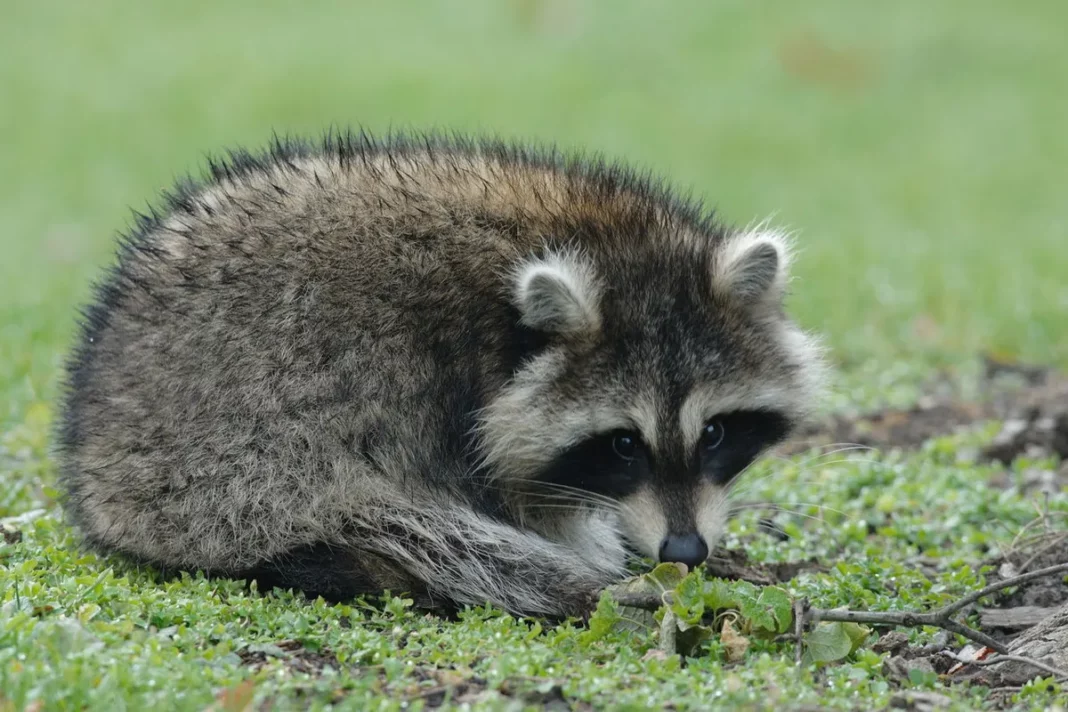Can’t find a raccoon in the wild? Don’t worry, there are plenty of them around your neighborhood. You might even be sharing your home with one without realizing it! Whether you want to watch racoon prints on a summer afternoon or spot the difference between common and banded raccoons, this guide is for you.
Below are some great websites with information about the raucous members of our furry family.
1. Pacific Northwest Zoo and Aquarium
“We are dedicated to the preservation, rehabilitation and conservation of all species of native wildlife. Our exhibits provide a naturalistic setting for these animals to interact with their world, as well as an educational experience for the public.”
2. Center for Prehistory
“The goal of the Center for Prehistory is to use scientific evidence and methods in archaeological research. We are most interested in those ancient people who built things, rather than those who left physical artifacts behind.”
3. Common Sense for Animals
“Here you will find a positive message about the important role animals play in our society and about how to protect them.”
4. Wildlife2Vets
“This site is designed to provide veterinary care and medical information to people who want to help wildlife. It’s also intended as an educational tool, a reference source of information, and a place where animal lovers can connect. Here you will find stories, resources, animal photos, videos, links and advice on how to care for wild animals who require medical attention.”
5. The Wildlife Center of Virginia
“The Wildlife Center of Virginia offers free pet services day-to-day at the Center in Ashland by appointment only. We also have a wildlife clinic during the months of February through June in Blacksburg by appointment only. We can donate our services to assist communities around the world in providing free pet care for sick and injured wildlife.”
6. Paws In The Wild
“Is your dog helping save the planet? You bet your furry friend is! If you are environmentally conscious, you have probably already decided to help save our planet. If so, this blog is for you.”
7. Lower Hudson Valley Raccoon Rescue
“Unlike most other animal welfare organizations, we focus on finding permanent good homes for animals that are able to be re-released rather than euthanizing them when they cannot be placed.”
8. North American Bear Center
“The North American Bear Center is a world class educational facility located in Ely, Minnesota, on the banks of beautiful Lake Vermilion. The mission of the North American Bear Center is to protect, preserve and educate about bears through research, humane education and public outreach.”
9. Rescue Raccoons
“Raccoon rescue for orphaned and injured raccoon babies in Atlanta Georgia. Also specializing in rescuing adult raccoons. Also we have exotic animal rescue, not just raccoons.”
10. World Wildlife Federation
“The World Wildlife Fund is dedicated to preserving the planet’s natural inheritance with a particular focus on wildlife, habitat and the natural processes that sustain life.” “WWF works in 100 countries for over half a century to conserve nature and improve the lives of more than 1 billion people around the world. WWF is mobilizing the world to save biodiversity.”
11. The Raccoon Project
“The Raccoon Project is a school-age project founded in 2006 by a group of girls, who were tired of the cruel and needless way in which they came to be called “raccoons”. We are not raccoons, we are people.”
12. Rescue Racoon Coalition (US)
“The rescue coalition was founded by a dedicated group of individuals, who had been working on raccoon rescue since 1989. The rescue was organized to assist people with raccoon related problems, and to provide education about the proper treatment of nuisance raccoons. In 1999, the rescue coalition merged with the Maryland Department of Natural Resources.”
13. The City Raccoon
“The City Raccoon is a raccoon lover. I am interested in living in harmony with the natural world, and am deeply concerned about the impact humans are having on the animals around us. I am committed to making this world a better place for its furry inhabitants.” “This website is dedicated to the urban raccoon and his family….and you can track their geographic movements via satellite.”
14. North America Wildlife Control Operators Association
“The North America Wildlife Control Operators Association (NAWCOA) is the exclusive worldwide association for wild animal control operators. NAWCOA’s mission is to advance the control of wildlife damage by promoting excellence in the training, licensing and business practices of professional wildlife control operators.” “Our Mission is to promote professional wildlife management through education, professional certification and inter-professional communication.”
Summary:
Raccoons are from the Procyonidae family and can be found in most of the US, Canadian provinces, and Central America. There are four sub-species of raccoon; the northern, southern and western in North America and the crab-eating raccoon in South America.
Raccoons are nocturnal animals that feed on crabs, shellfish, fish, mice, birds, eggs and small mammals including rats. They live up to 15 years.
Raccoons have a long bushy tail that has a black tip with rings on it (much like a cow).














